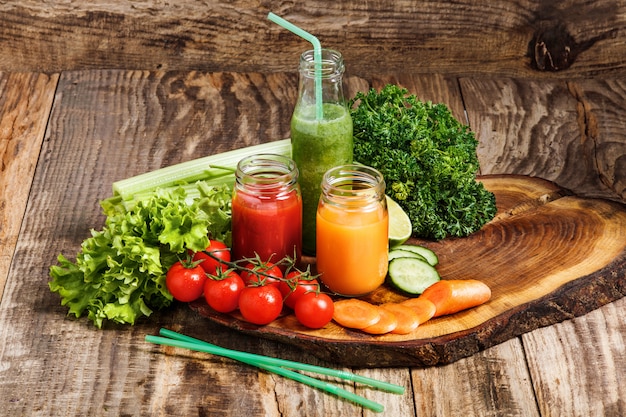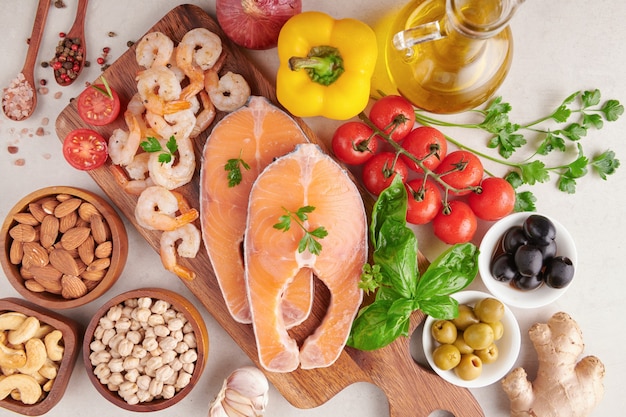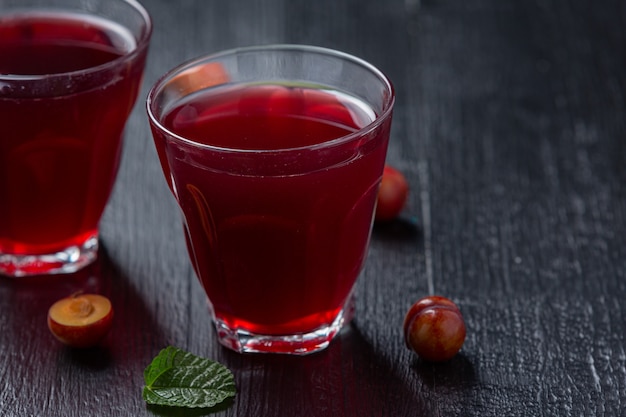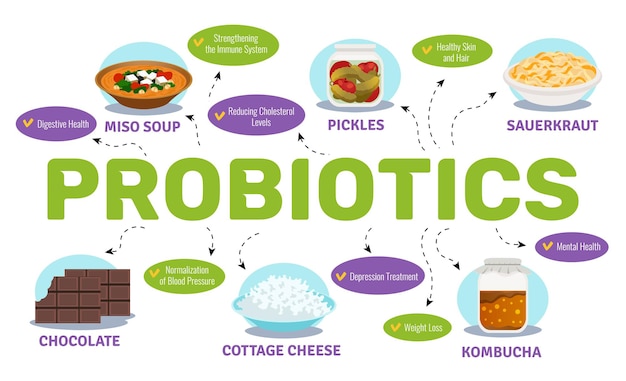Mood Enhancing Nutrients
Cheer up your mood with mood Enhancing Nutrients
Work from home has become a routine for most of us with the COVID-19 pandemic and feeling down and out is an everyday occurrence. The food you eat could be partly to blame. Research has shown that the right nutrients over time can improve your mood and fight anxiety, stress and even depression. Now, this should be a reason to smile.

Food and Mood, What’s the Connection?
There is a very intimate relationship between our mood and the food we eat.
Serotonin, an important neurotransmitter that stabilizes our mood and sleep is produced in the gut and then transmitted to the brain. Hence a diet that helps in Serotonin production also helps to lift our mood.
Our guts are home to trillions of microorganisms, known collectively as the gut microbiota. Diverse and healthy gut microbiota is associated with reduced inflammation, a risk factor for mental health disorders.
A healthy gut can be achieved by consuming fiber-rich whole foods like fresh fruits and vegetables, whole grains, legumes, etc.
Nutrients to Feel Good
To enjoy some of their feel-good benefits consider incorporating the following nutrients as foods into your daily meal plan:
Carbohydrates that we eat are broken down into glucose which provides energy to the body including the brain. When blood glucose levels drop, it leads to lethargy and mood swings. Select foods like oats, cereals, nuts, and seeds which release energy slowly and stay for a long time.
Tryptophan is an essential amino acid that has to be provided through diet. It is a precursor to serotonin. You can find tryptophan in nuts, milk, salmon, eggs, soy products, and spinach, too.
Magnesium is essential for the synthesis of enzymes, hormones and neurotransmitters involved in mood regulation. It also reduces inflammation, which plays a key role in symptoms of mood fluctuation.
Phytonutrients and Antioxidants have anti-inflammatory properties that protect your brain from the effects of inflammation. Eat the rainbow, that is, consuming a wide array of colourful fruits and vegetables which are high in antioxidants and phytonutrients and may help to reduce harmful inflammation throughout the body, including the brain.

Omega-3 fatty acids help reduce inflammation in the body. Studies have shown that supplementing our diet with omega-3 fatty acids improves our resistance to stress, elevates mood, and reduces symptoms of depression.

Polyphenols
Foods high in polyphenols, found in colourful fruits, vegetables, spices, teas, and wine are linked to powerful antioxidant and anti-inflammatory activities in the brain. Polyphenols from turmeric such as curcumin and catechin from green tea have been strongly associated with higher cognitive function, better mood, and protective effects against various brain diseases.
B vitamins, especially B6, B12, and Folic Acid act as cofactors in the synthesis and regulation of dopamine and serotonin which are important for mood regulation. A combination of vitamin B12 and folate supplements enhances the production of serotonin and dopamine vital for maintaining good mental health.
Probiotics are foods containing the good bacteria and influences the production of neurotransmitters like serotonin in the gut. The good bacteria in our gut prevent harmful toxins (which come from the food we eat) from entering our bloodstream which can play havoc on our emotional status. Yoghurt is a great example of probiotics.
Foods to Avoid
While certain foods work towards uplifting your mood, there are certain foods that zap your energy and pull down your mood.
Eating too many unhealthy, processed carbohydrates, such as white bread, fries, and pastries, causes blood sugars to rise and fall rapidly. This can lead to low energy and mood swings.
Processed food is also associated with inflammation, which affects brain function and worsens symptoms of mood disorders.
The Takeaway
The road to a healthy and happier you are combining the right nutrition with managing your moods. Limit sugary and high-fat processed foods and opt for plant foods like fresh fruits, veggies, and whole grains. Specific nutrients are present in foods that directly lead to improved moods, but what works wonders for our frame of mind is a healthy wholesome, well-balanced diet. After all, happiness lies in being healthy both physically and mentally.
Recipe
Plum Panna Shot (Serves 4)
Plums being one of the best sources of Serotonin, the happy hormone, this refreshing drink is definitely a mood booster!

Ingredients
6 Plums, red and firm
Jaggery (gur) , or sugar as required
2 tsp cumin powder (jeera)
Black Salt, as required
Water, chilled as required
Mint leaves for garnishing
Method
Roast the plums on the flame till the skin is charred.
Cool the roasted plums covered with a foil.
Peel off the skin, remove the seeds and set aside the pulp.
Combine all the ingredients mentioned (other than water and mint leaves) along with the fruit pulp in a blender and blend to a smooth paste.
Add chilled water, adjust salt and garnish with mint leaves.
Serve chilled.

Comments
Post a Comment